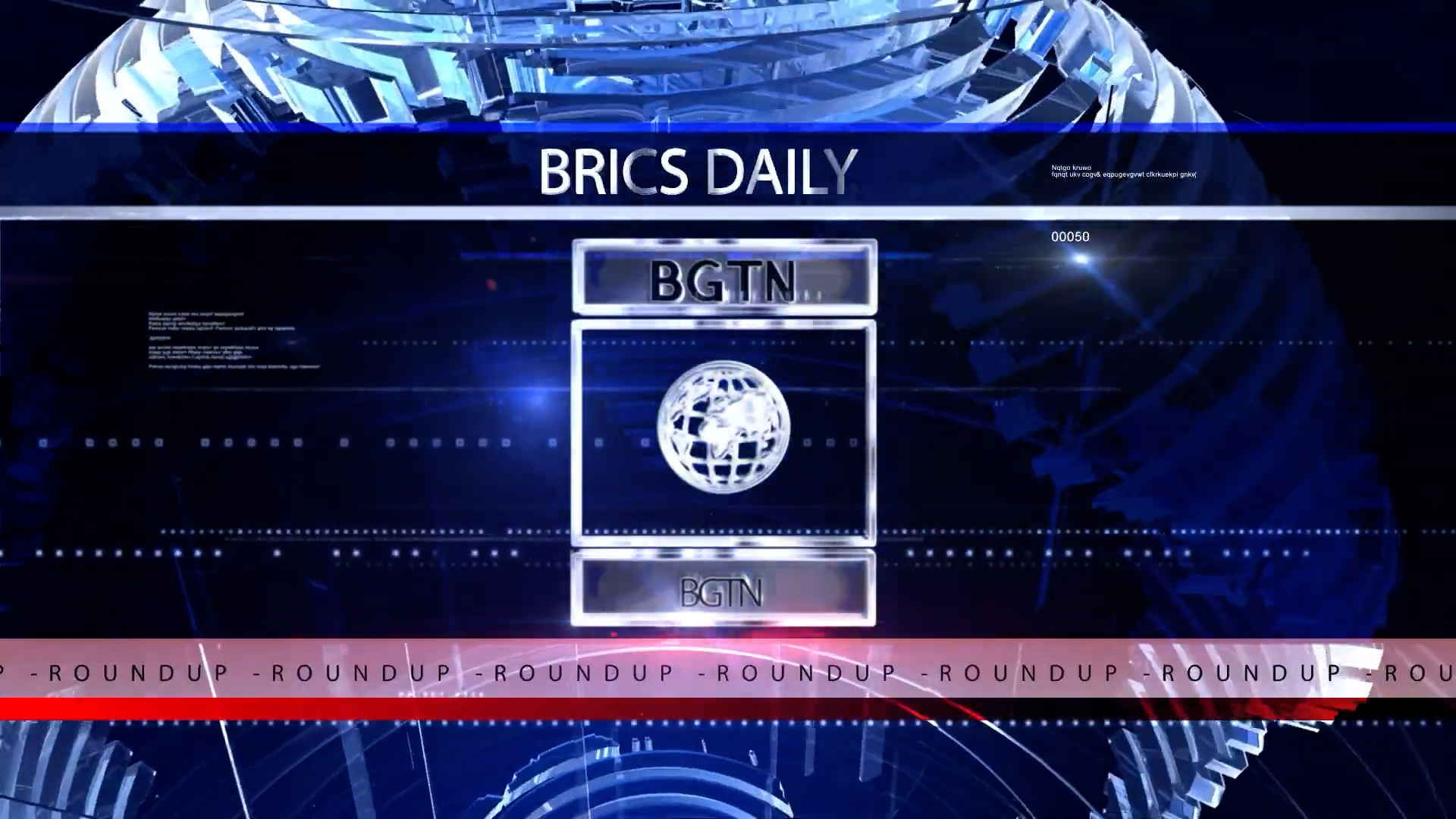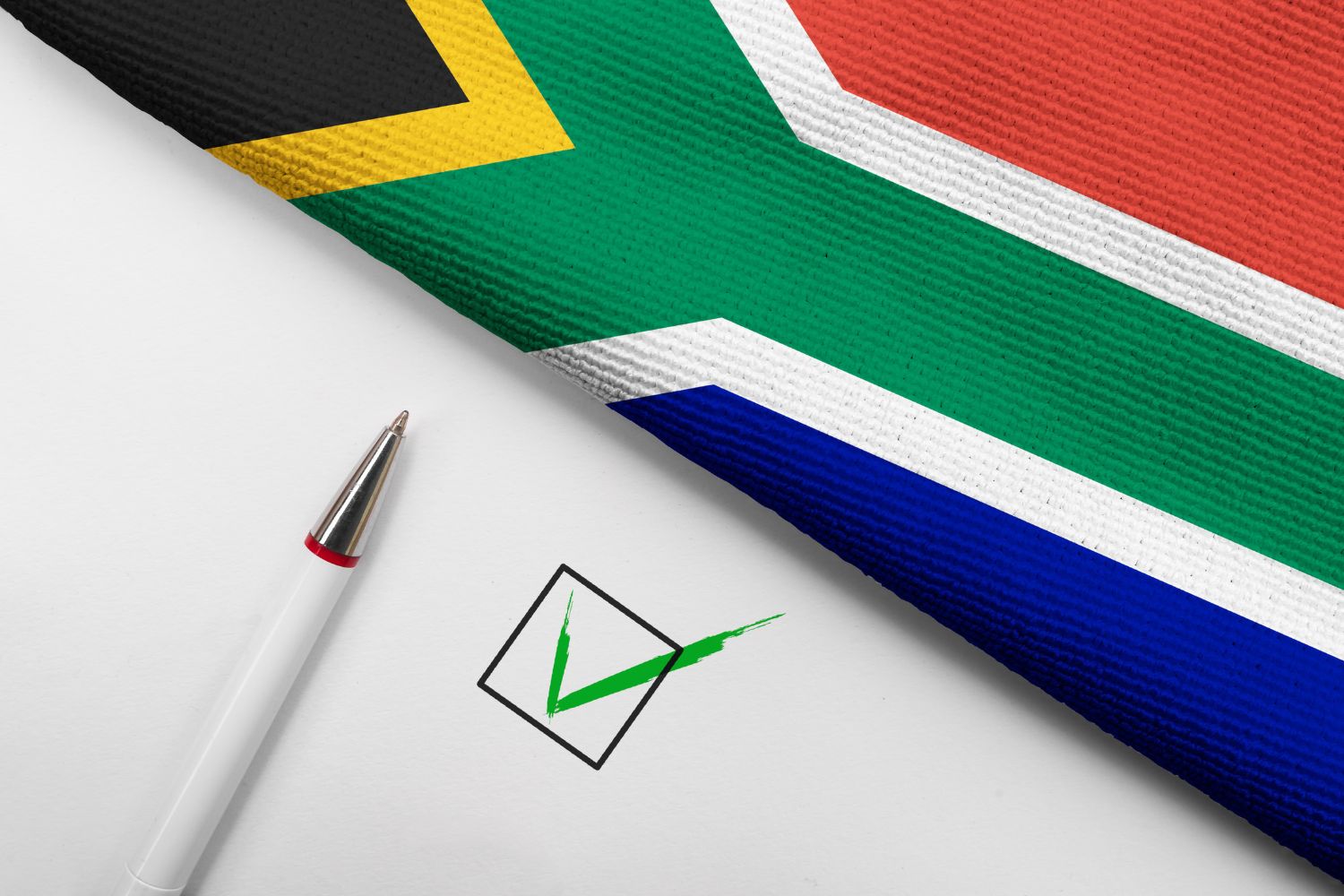Anja du Plessis, University of South Africa
Water shortage: Johannesburg and its surrounds, at the centre of the industrial heartland of South Africa, have been hit by severe water cuts. Water interruptions have been happening for years, but they have been scaled up dramatically in recent weeks. The deteriorating situation recently forced the Minister of Water and Sanitation, Senzo Mchunu, to intervene. On 27 September he announced a new initiative – “water-shifting”. The proposal has echoes of “load-shedding”, the term used for the planned power outages which have become a common feature of life for all South Africans. Anja du Plessis, a water management expert, explains the new water initiative.
When did water outages start, and what are the latest developments?
Freshwater challenges are a frequent occurrence in South Africa. These include increased pressure on the amount of freshwater available for use, unequal distribution and lack of access to clean water and sanitation services.
Gauteng province, the country’s economic hub, has not been spared. The water crisis has been driven by a number of factors:
- the overall decay in the quality and state of water infrastructure – it is at risk of total collapse in some areas
- droughts
- alleged corruption, which has affected the functioning of municipalities and municipal treatment plants.
Neither the national nor regional water authorities have managed to find solutions to the water crisis. Rather, the situation has deteriorated. In the last few months some consumers, such as those living in the suburb of Brixton, west of central Johannesburg, have had dry taps for more than three weeks.
Water tankers have been brought in to provide supplies. But residents complain that these are unreliable and they don’t trust the quality of water. Some people use it only to bath and flush toilets, and buy bottled water for drinking and cooking.
Three weeks ago the national and regional water authorities announced a plan that would spread the impact of water cuts between communities. The term the politicians coined for the new measures is “water-shifting”.
What is ‘water-shifting’ and how will it work?
The plan is to begin “sharing” water to take the pressure off the worst affected areas. By and large, high-lying areas of the city have been the hardest hit.
The reason for this is that the distribution of water requires pressure, which comes from a water source – a reservoir or water tower. When pressure is lost within the system, high-lying areas are usually affected first as there is not enough pressure in the system to get the water to them.
Pressure is lost when reservoirs reach critically low levels. This can happen as a result of leakages, burst pipes, above-average water consumption or power outages which affect pump stations.
Any of these can lead to pressure decreasing at a rapid rate.
Johannesburg’s water utility, Rand Water, plans to shift water from a reticulation system with sufficient pressure to a struggling system. The idea is to provide an equitable supply of water to municipal customers.
Rand Water will implement water-shifting as an interim measure to assist in the recovery of struggling reticulation systems. An implementation date has not been given.
But Johannesburg Water, which is responsible for supplying water to the city’s residents, needs to develop and present a water management plan to address the crisis.
ALSO READ: China’s first deep-water stratigraphic structure map to be completed
Could this crisis have been avoided?
In short, yes. The Gauteng province metropolitan councils are perfect examples of the effects of poor water governance and management as well as lack of political will over the past two decades. This has led to a lack of investment and underfunding of bulk water and sanitation infrastructure.
The result is that the water infrastructure, from water supply to treatment, storage, water resources and management, has fallen into disrepair. Also at play is a lack of planning and management of growing water demands due to increased population, migration and expansion of settlements. The poor management and overall lack of water and sanitation delivery and services is another factor.
There have been frequent water cuts in the province over the past five years. An estimated 30% of the province’s residents reported frequent water interruptions in 2017/18, increasing to 33% in 2020/2021.
Johannesburg isn’t alone. The poor state of water infrastructure across the country has been an issue for many years.
A detailed account was set out by the South African Institution of Civil Engineering in 2022. It showed that the country’s water infrastructure had deteriorated to the point that it was at risk of failing. The report called for prompt action to avoid severe water supply shortages.
Unfortunately, this wasn’t heeded.
Other factors have contributed to the water crisis too.
Firstly, there’s been continuous high consumption by consumers, partly due to increased temperatures. The province’s residents consume an estimated 300 litres (which includes water losses) each a day, compared to the global average of 173 litres.
Another factor has been the amount of water being lost. In Johannesburg, for example, a minimum of 41% of treated potable water supplied by Rand Water to Johannesburg Water is lost before it even reaches the consumer. This is referred to as non-revenue water by the municipality. Water is primarily lost through leakages and bursting pipes, attributed to poor operation and maintenance.
ALSO WATCH: Future Water World Congress to explore global supply in California
Is ‘water-shifting’ a solution?
The Minister of Water and Sanitation has made it clear that this is an interim measure.
But even as an interim measure it will require a high level of political will as well as technical expertise to work.
“Water-shifting” should not be a permanent measure or become the norm as it does not address the cause of the current crisis. Potable water will still be lost through leaking and burst pipes.
Relevant stakeholders, including the Department of Water and Sanitation, Rand Water and municipalities such as the City of Johannesburg need to stop the blame game and work together to address the primary causes of the water challenges, instead of the symptoms. The dilapidated state of water infrastructure needs to be addressed as a matter of urgency to avoid water rationing.
Anja du Plessis, Associate Professor and Water Management Expert, University of South Africa
*This article is republished from The Conversation under a Creative Commons license. Read the original article.














Worrisome thca flower has been perfectly the journey. As someone fervent on unpretentious remedies, delving into the coterie of hemp has been eye-opening. From THC tinctures to hemp seeds and protein puissance, I’ve explored a miscellany of goods. Teeth of the disorder adjoining hemp, researching and consulting experts have helped journey this burgeoning field. Entire, my sophistication with hemp has been despotic, offering holistic well-being solutions and sustainable choices.